TL;DR: Maintaining your HVAC system, investing in indoor air quality solutions like air purifiers and HEPA filters, and opting for professional duct cleaning are essential steps to ensure a healthier indoor environment, especially during spring in Santa Rosa. These measures significantly reduce common allergens, such as pollen and dust, enhancing the comfort and well-being of your home’s occupants. Prioritizing these practices can lead to improved air quality, reduced allergy symptoms, and a more efficient HVAC system.
As spring blossoms in Santa Rosa, bringing with it the vibrant hues of nature and longer days, it also ushers in a less welcome guest: allergens. The seasonal shift can significantly impact indoor air quality, turning what should be a sanctuary into a sneeze-inducing environment. However, there’s good news for homeowners looking to reclaim their indoor comfort. By focusing on HVAC maintenance, implementing indoor air quality solutions, and scheduling regular duct cleaning, you can significantly mitigate these seasonal nuisances.
This comprehensive approach not only ensures your home remains a haven of clean air but also enhances the efficiency and longevity of your HVAC system. Whether you’re battling springtime allergies or simply striving for a healthier home environment, understanding the importance of these measures can transform your indoor air quality this spring. Let’s dive into how Santa Rosa residents can breathe easier and enjoy a fresher home during this vibrant season.
Understanding Indoor Air Quality and Allergies in Spring
Spring in Santa Rosa marks the onset of allergy season for many. The blooming flora, while beautiful, releases pollen into the air—a major trigger for allergies and respiratory discomfort. Additionally, as we open our windows to let in the fresh spring air, we inadvertently invite pollen, dust, and other outdoor allergens into our homes. This influx can deteriorate indoor air quality, impacting our health and comfort.
Indoor air quality is determined by various factors, including the concentration of CO2, humidity levels, and the presence of pollutants such as volatile organic compounds (VOCs), dust mites, pet dander, and mold spores. During spring, the challenge is twofold: managing the indoor proliferation of year-round allergens and mitigating the entry and impact of seasonal pollen.
Pollen isn’t the only concern; temperature and humidity changes can encourage mold growth and dust mite populations to flourish, further exacerbating indoor air quality issues. For individuals with allergies, asthma, or other respiratory conditions, these springtime changes can significantly affect their well-being.
Understanding these challenges is the first step toward creating a healthier indoor environment. By acknowledging the sources of indoor air pollutants and their seasonal variations, Santa Rosa homeowners can better prepare their homes for the spring, ensuring that indoor spaces remain comfortable, healthy, and inviting places to live and breathe.
Strategies for Improving Indoor Air Quality in Santa Rosa
Recognizing the challenges spring presents to indoor air quality in Santa Rosa, homeowners can adopt several effective strategies to mitigate these issues. Implementing these solutions not only helps in combating the infiltration of allergens but also enhances the overall air quality within your home. Here’s how you can keep your indoor air clean and fresh:
Air Purification Systems
Investing in an air purification system is a proactive step towards cleaner indoor air. Air purifiers with HEPA filters are particularly effective, as they can capture 99.97% of particles that are 0.3 microns or larger, including pollen, dust mites, and pet dander. For households concerned about chemical pollutants or odors, activated carbon filters can adsorb VOCs and other gases. Positioning air purifiers in high-traffic areas or bedrooms can significantly reduce allergen exposure indoors.
HVAC Filtration Systems
Your HVAC system plays a pivotal role in maintaining indoor air quality. Regularly replacing the HVAC filters with high-quality options can trap airborne particles before they circulate through your home. Electrostatic filters, which use an electric charge to attract particles, and pleated media filters, known for their larger surface area, are excellent choices for capturing more allergens. It’s recommended to check filters monthly and replace them at least every 90 days, or more frequently if you have pets or suffer from allergies.
Duct Cleaning
Over time, ductwork can accumulate dust, debris, and allergens, which are then distributed throughout your home every time the HVAC system runs. Professional duct cleaning removes these contaminants, improving the efficiency of your HVAC system and the quality of your indoor air. It’s advisable to have your ducts inspected and cleaned by a professional every 3 to 5 years, or sooner if you notice visible mold, vermin infestation, or excessive dust and debris from your vents.
By embracing these strategies, Santa Rosa homeowners can significantly improve their indoor air quality, making their homes more comfortable and healthier spaces during the spring and beyond. Remember, the key to effective indoor air quality management is consistency in maintenance and a proactive approach to mitigating potential allergen sources.
The Importance of Professional HVAC Maintenance in Santa Rosa
While DIY strategies play a crucial role in maintaining a healthy indoor environment, the significance of professional HVAC maintenance cannot be overstated. Regular professional check-ups and servicing ensure that your HVAC system operates at peak efficiency, which is especially important during the transitional spring months in Santa Rosa.
A well-maintained system not only circulates cleaner air throughout your home but also operates more efficiently, saving you money on energy bills and preventing costly repairs down the line. Professionals can perform tasks beyond the reach of most homeowners, such as checking for refrigerant leaks, inspecting electrical components for safety, and cleaning internal parts that affect performance and air quality.
Moreover, professional HVAC technicians can offer invaluable advice on the best filters, air purifiers, and additional systems suited to your specific needs, taking into account the unique allergens and air quality challenges of Santa Rosa. They can also identify and rectify any issues that may be compromising your indoor air quality, such as leaks in ductwork or the need for more thorough duct cleaning.
This expert intervention ensures that your home’s air is not only fresh and clean but also healthful, providing peace of mind that you’re doing everything possible to protect your family’s health and comfort. In essence, partnering with HVAC professionals is an investment in your home’s air quality, comfort, and safety.
DIY Maintenance Tips for Enhancing Indoor Air Quality in Santa Rosa
While professional services are invaluable in maintaining and enhancing your home’s air quality, there are also several effective DIY maintenance tips that Santa Rosa homeowners can employ. These measures can complement professional interventions, ensuring your indoor environment remains as allergen-free as possible during the spring. Here’s a list of actionable steps you can take:
- Regular Cleaning: Dust surfaces with a damp cloth to prevent dust particles from becoming airborne.
Vacuum carpets, rugs, and upholstery at least once a week using a vacuum with a HEPA filter to capture fine particulates.
- Control Humidity: Use dehumidifiers in damp areas to keep humidity levels between 30-50%, reducing mold growth and dust mites. Vent bathrooms and kitchens adequately to remove excess moisture.
- Indoor Air Purification: Place air-purifying plants throughout your home. Species like spider plants, peace lilies, and snake plants can absorb pollutants. Open windows when pollen counts are low to increase ventilation and flush out stale air.
- Pet Dander Management: Bathe and groom pets regularly to reduce the amount of dander and hair in your home.
Keep pets off furniture and out of bedrooms to minimize allergen spread.
- Minimize Use of Volatile Organic Compounds (VOCs): Choose low-VOC or VOC-free paints, cleaning products, and personal care items. Avoid smoking indoors, as tobacco smoke contains numerous harmful chemicals.
- Bedding Care: Wash bedding weekly in hot water to kill dust mites and remove allergens. Use allergen-proof mattress and pillow covers to create a barrier against dust mites.
- Monitor Air Quality: Consider investing in an indoor air quality monitor to track levels of dust, VOCs, CO2, and humidity, allowing for targeted interventions.
Implementing these DIY strategies can significantly impact the quality of your indoor air, making your home a healthier place during the challenging spring months and beyond. Combining these efforts with regular professional HVAC maintenance and duct cleaning will ensure your indoor air quality is at its best, providing a comfortable and safe environment for you and your family.
Professional HVAC & Indoor Air Quality Services Near You
In conclusion, preparing your Santa Rosa home for spring involves more than just a deep clean; it requires a dedicated approach to enhancing and maintaining indoor air quality. From the strategic placement of air purifiers and diligent HVAC filter management to the adoption of simple yet effective DIY maintenance practices, every action contributes to creating a healthier living space.
However, the cornerstone of ensuring optimal indoor air quality lies in the professional maintenance of your HVAC system. Regular professional check-ups and cleaning, particularly of your home’s ductwork, are indispensable for mitigating springtime allergens and pollutants. By embracing these comprehensive strategies, homeowners can enjoy a spring season marked not by allergies and discomfort, but by clean, fresh air and the comfort of knowing their indoor environment is as healthy as it can be.
Elevate your home’s comfort and air quality this spring with Elevated Comfort, Santa Rosa’s premier HVAC service provider. Our team of certified professionals specializes in advanced HVAC maintenance, air purification solutions, and duct cleaning services tailored to combat Santa Rosa’s unique allergen challenges. Choose Elevated Comfort for a breath of fresh air in your home, where quality service and customer satisfaction soar above the rest.
Frequently Asked Questions About Improving Indoor Air Quality During Spring
How often should I replace my HVAC filter to improve indoor air quality?
The frequency at which you should replace your HVAC filter can vary depending on the type of filter, your home’s air quality, and if you have pets. Generally, it’s recommended to check your filter every month and consider replacing it every 60 to 90 days. Homes with pets or individuals with allergies may benefit from more frequent changes, potentially every 30 to 45 days.
Is professional duct cleaning necessary for maintaining indoor air quality?
Professional duct cleaning is beneficial for maintaining indoor air quality, especially if your ducts have not been cleaned in more than a year, there’s visible mold growth inside the ducts, or you notice dust and debris coming from your vents. It’s particularly advisable if anyone in your household suffers from respiratory issues or allergies.
How does a HEPA filter differ from a regular HVAC filter?
A HEPA (High-Efficiency Particulate Air) filter is designed to capture at least 99.97% of particles that are 0.3 microns or larger, making it highly effective at filtering out pollen, pet dander, dust mites, and other allergens from the air. Regular HVAC filters may not capture smaller particles as effectively and are primarily intended to protect the HVAC system itself from larger debris. Upgrading to a HEPA filter can significantly improve your home’s indoor air quality, especially during allergy season.
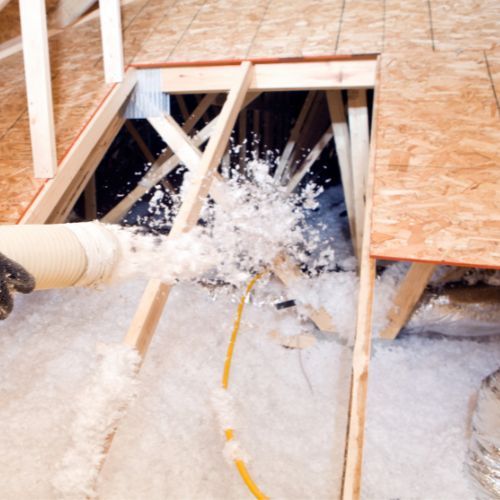
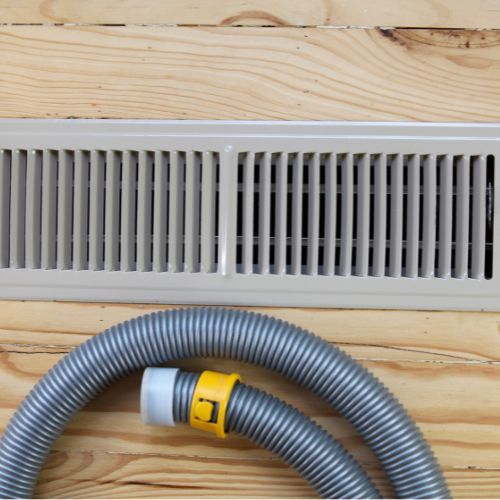
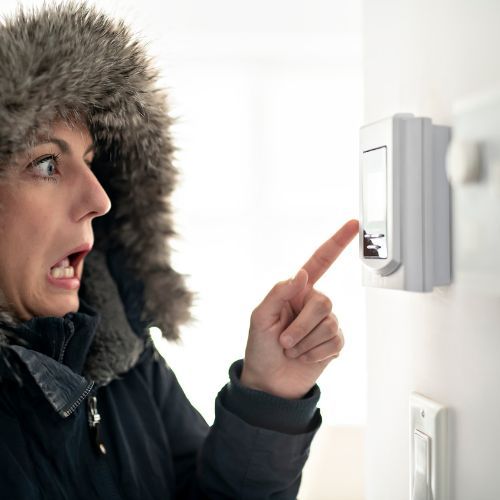
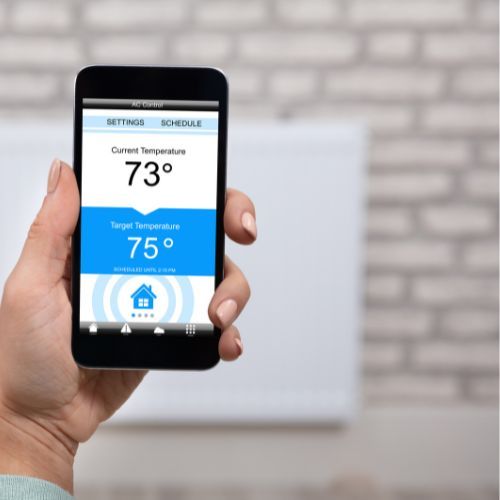
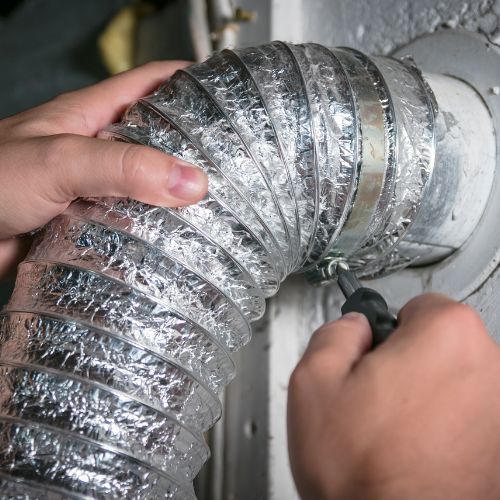
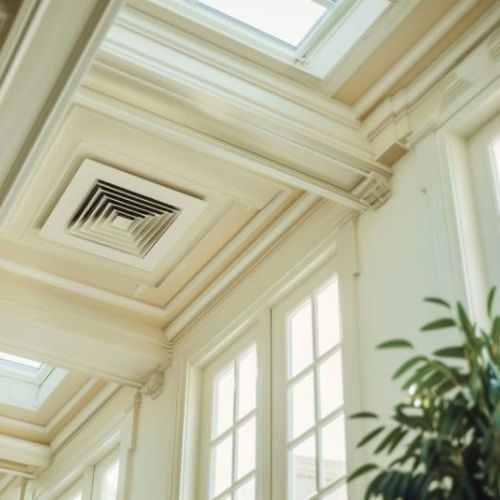

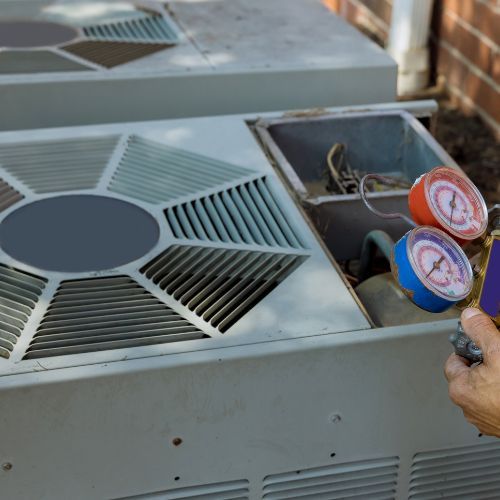

 Fireworks are a quintessential part of any festive 4th of July celebration, especially in beautiful NorCal. As you gear up for a
Fireworks are a quintessential part of any festive 4th of July celebration, especially in beautiful NorCal. As you gear up for a  Installing an air filtration system can significantly improve your indoor air quality, especially during firework displays. Consider these options to reduce firework-related pollutants:
Installing an air filtration system can significantly improve your indoor air quality, especially during firework displays. Consider these options to reduce firework-related pollutants: With Elevated Comfort by your side, you can revel in the joy of 4th of July fireworks while safeguarding your indoor air quality. Remember, prioritizing safety and maintaining clean air is crucial for your family’s well-being. Implement the tips shared in this article and consult Elevated Comfort for professional HVAC maintenance and air quality solutions. Let your patriotic celebration be safe, sound, and smoke-free!
With Elevated Comfort by your side, you can revel in the joy of 4th of July fireworks while safeguarding your indoor air quality. Remember, prioritizing safety and maintaining clean air is crucial for your family’s well-being. Implement the tips shared in this article and consult Elevated Comfort for professional HVAC maintenance and air quality solutions. Let your patriotic celebration be safe, sound, and smoke-free!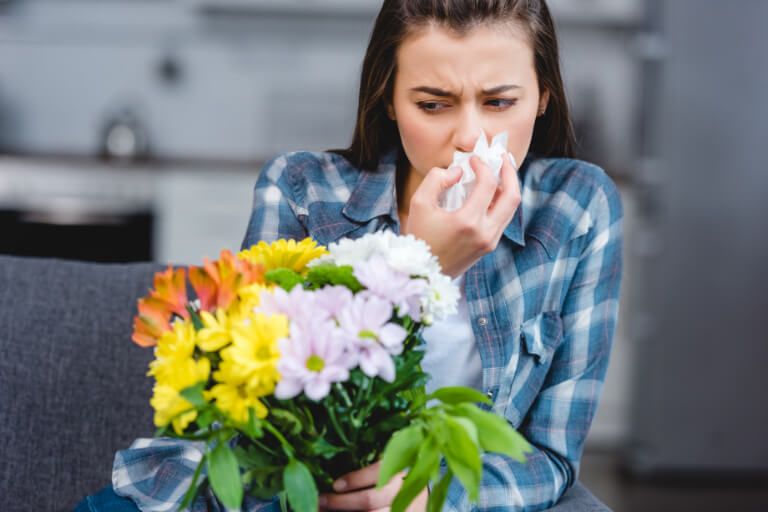
 Airborne allergens are tiny particles that can trigger allergic reactions. In Northern California, the most common airborne allergens are pollen and mold spores.
Airborne allergens are tiny particles that can trigger allergic reactions. In Northern California, the most common airborne allergens are pollen and mold spores. Bacteria is a common allergen that can be found in many places, including carpets, upholstery and bedding. Bacteria can cause serious health problems such as respiratory infections or food poisoning if you inhale it or come into contact with it on your skin.
Bacteria is a common allergen that can be found in many places, including carpets, upholstery and bedding. Bacteria can cause serious health problems such as respiratory infections or food poisoning if you inhale it or come into contact with it on your skin. If you’re in the Northern California area, you may have noticed that we have been experiencing an increase in airborne allergens. This can be a problem for those of us with allergies or asthma, but it’s also important to consider how these allergens are spread through our homes and workplaces.
If you’re in the Northern California area, you may have noticed that we have been experiencing an increase in airborne allergens. This can be a problem for those of us with allergies or asthma, but it’s also important to consider how these allergens are spread through our homes and workplaces.